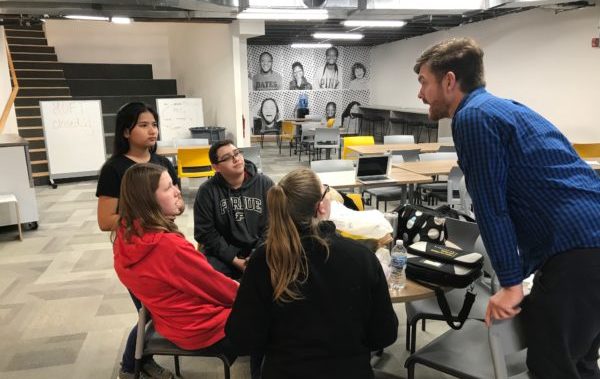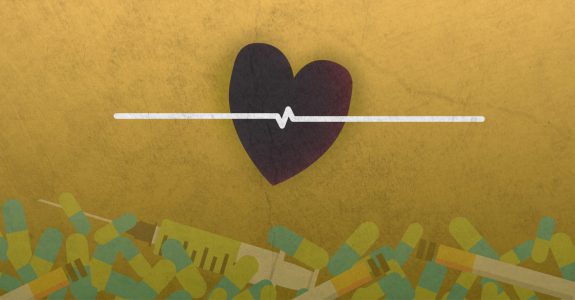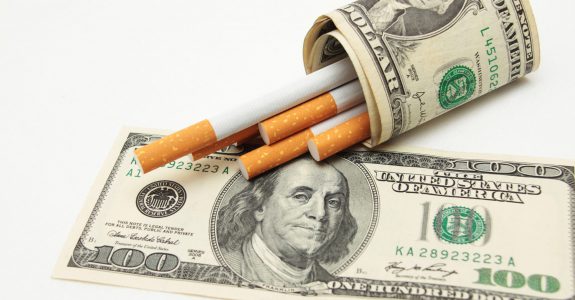Ellen Quigley is the Vice President of Programs at the Richard M. Fairbanks Foundation
An Interview with Scott Bess, Head of School, Purdue Polytechnic High School
Background
In 2017, the Richard M. Fairbanks Foundation awarded a $1.25 million three-year grant to support the launch and replication of Purdue Polytechnic High School Indianapolis (PPHS), a first-of-its-kind urban high school model aimed at developing a new generation of talent with science, technology, engineering and math (STEM) skills to meet the needs of an evolving workforce. Combining personalized learning with project-based curriculum, Purdue University created this model to establish new pathways for Indianapolis’ low-income, under-represented minority students to continue their higher education at Purdue. The first school opened in July 2017 in Indianapolis, and a second Indianapolis school is scheduled to open in 2019. PPHS plans to open a total of 6-10 schools across Indiana in the next decade.
Scott, what motivated Purdue University to develop this high school model?
Noting the unacceptably small number of low-income, under-represented minority students from Indianapolis who were qualified for Purdue University’s rigorous programs, Purdue decided to tackle this issue by redesigning the high school experience to enable more students to gain entrance to the University, and more broadly, reap the benefits that STEM-related skills will have on their future careers. A critical component of Purdue’s plans is to replicate the school throughout Indiana, affording more students opportunities to seamlessly transition from high school to college to high-tech and/or high-wage jobs.
Can you share an example of how the program has impacted students?
PPHS carefully designed the freshman and sophomore years to expose students to a variety of industries and career pathways. By involving businesses directly in a series of project challenges, students have taken full advantage of opportunities to work with professionals and to create solutions to real-world problems. For example, one group of students worked on a challenge led by Corteva Agriscience to figure out how to feed a planet of nine billion people by the year 2050. As the project concluded, our students were so engaged that they continued working and have since engineered and fabricated a prototype of a hydroponic growing system that could easily fit in a home and provide fresh vegetables for families living in food deserts. The academic learning students gained from understanding the science behind the project and the other skills they developed, such as business planning and marketing, has taken them far deeper than any isolated course material could. It has also opened their eyes to career possibilities they did not know existed.
What are a few lessons you have learned from this initiative?
- There is a reason high school has not been materially changed in the last century – it is very challenging to create a new model. PPHS had to be creative in inventing its own systems and borrowing from other industries.
- One very important lesson PPHS learned is the critical role teachers play in successful implementation of its unique model. PPHS leaders had a clear understanding that PPHS needed teachers with deep content knowledge, but it became abundantly clear that the teachers’ ability to collaborate and be flexible in all things was also critical. Fortunately, the first two cohorts of teachers have far exceeded PPHS’ expectations.
- Most importantly, though, PPHS has learned that students are amazingly capable of diving deep into complex problems and coming up with solutions. Their preparation on “non-academic” topics like time management, seeking out resources, and understanding the needs of others will serve them very well in whatever post-secondary path they pursue.
For more information about Purdue Polytechnic High School, please visit their website.



